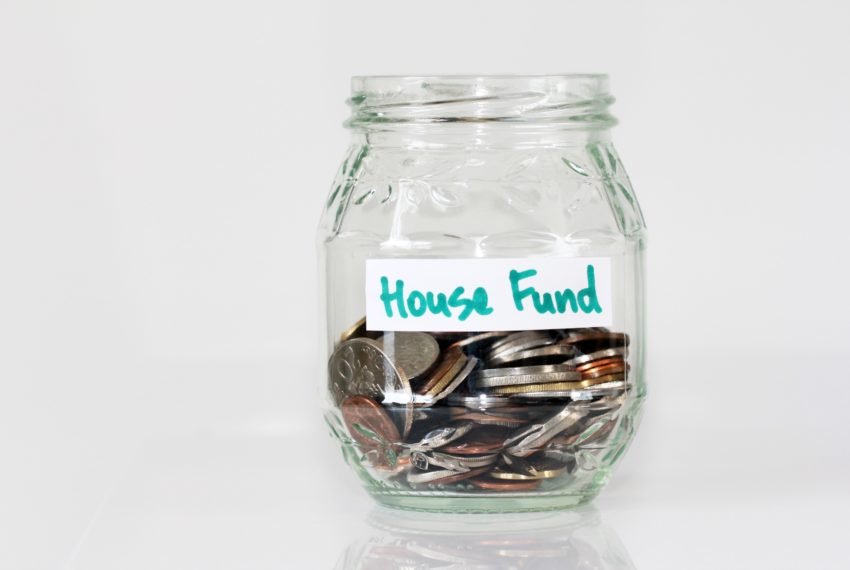
The Costs When Buying a House in Northern Ireland
Getting ready to purchase your first home can be a frightening task. But it isn’t just the cost of the house or the mortgage required that needs to be considered. Budgeting for everything is essential so there are no hiccup’s along the way.
Here’s a handy, simplified breakdown of the other costs associated when buying a home.

Property Prices & Mortgages
It would be most un-likely that when purchasing a property, you will have the full property value saved. However, you will need to have saved for a deposit in order to get a mortgage. The more you have saved will give you access to the best mortgage deals on the market.
The required deposit normally starts at a minimum of 5% (of the property value) with the standard amount increasing to 15% of the property price, offering better deals.
On the average Northern Ireland property of around £139,000 that’s £6,995 or £20,980 for a 15% deposit just to get you started.
The mortgage process itself may incur costs with some lenders charging a fee of anywhere from £100 to £250. (This is often refundable if your application is unsuccessful, so it’s worth checking this before you part with any cash)
Depending on the amount you borrow, and the percentage provided within the deposit you may be liable for paying a higher lending charge. This is effectively a charge to cover insurance in case you cannot make the repayments on your mortgage, and they must sell your house at a potential loss.
However even in this event the lender can still follow you for the difference.
A higher lending charge is usually around 1.5% on the amount borrowed.
Another potential upfront cost to consider when organising your mortgage is the arrangement fee. Not all mortgage products will incur this fee but may be charged on top of the booking fee.
The House Valuation
When lending you the money to buy a house, the mortgage company will want to understand if you have the collateral within your new property. Therefore, will want to carry out a ‘valuation’ of the property to determine the amount you are eligible to apply for.
This can vary in terms of cost, depending on how extensive the survey is.
A basic valuation which is adequate in satisfying most lenders will start at around £200.
However, fees can escalate to circa £1,500 if a complex home buyer report is required.
A professional assessor may have to visit the property and carry out a structural survey resulting in a far more in-depth evaluation.
Make sure you shop around, some mortgage lenders will include a free valuation and although it may be a small cost, every little helps when budgeting to buy a new house.
Solicitor Fees
Having an efficient solicitor can be a big help when buying a new house.
The legal work (or conveyancing) will most likely incur a cost of circa £750 plus VAT.
One thing they will usually organise is the relevant checks. This will include bankruptcy and enforcement searches and searches of any planning and local issues that may affect the property as well as required updates to Land Registry.
Stamp Duty
Stamp Duty Tax is one of the more substantial costs involved in buying a house, however a recent government reform means that over 95% of those buying a house are now better off.
Prior to any government changes stamp duty was simply worked out at 1% of the value of your house.
The change has implemented a sliding scale and differentiates between first time buyers and people purchasing a second home.
We have found a handy breakdown and a calculator here over at finder.
Building Insurance
Building insurance isn’t a legal requirement, but if you have a mortgage on the property then it is most likely a condition within the loan. This will cover costs associated if your house is damaged by fire, flood, storm, malicious damage, subsidence etc.
This will need to be in place from the date contracts are exchanged, as that’s when the property becomes your legal responsibility.
Again, it is advised to shop around here. Some mortgage lenders will offer building insurance as part of their package. Although you are not tied to use your mortgage lender for this insurance, they can reject your choice of insurance if they feel it doesn’t meet the correct cover. One thing to watch out for is the ‘auto renewal’ trap.
Moving
The final cost to consider when moving home is the physical cost of moving itself. This can be anything from the price of a removal company, use of any storage facility, using a professional packing service and even down to the diesel it costs to drive back and forward to your new home.
Conclusion
Although you might not incur all the charges detailed above, budgeting appropriately can make or break your house sale.
With the high demand and speed at which the NI property market is moving the last thing you want is to miss out on the perfect property because you have failed to budget yourself properly.
Although it can be tempting to lump all your savings into a mortgage deposit to secure a better deal, leaving the bank broken can result in you under pressure with smaller fees later in the house buying process.
A calculated / informed decision-making process is always the best one.
Happy house hunting.



